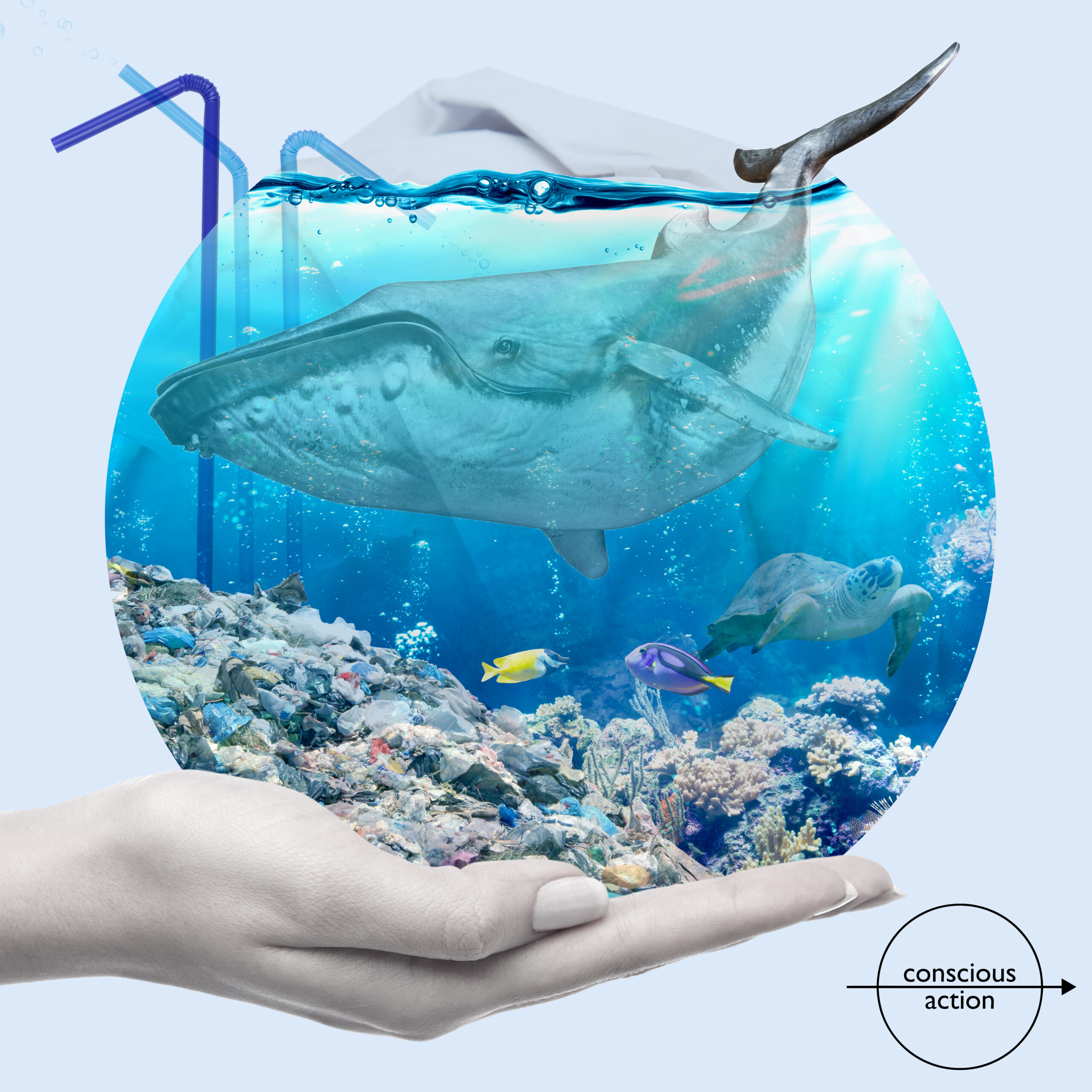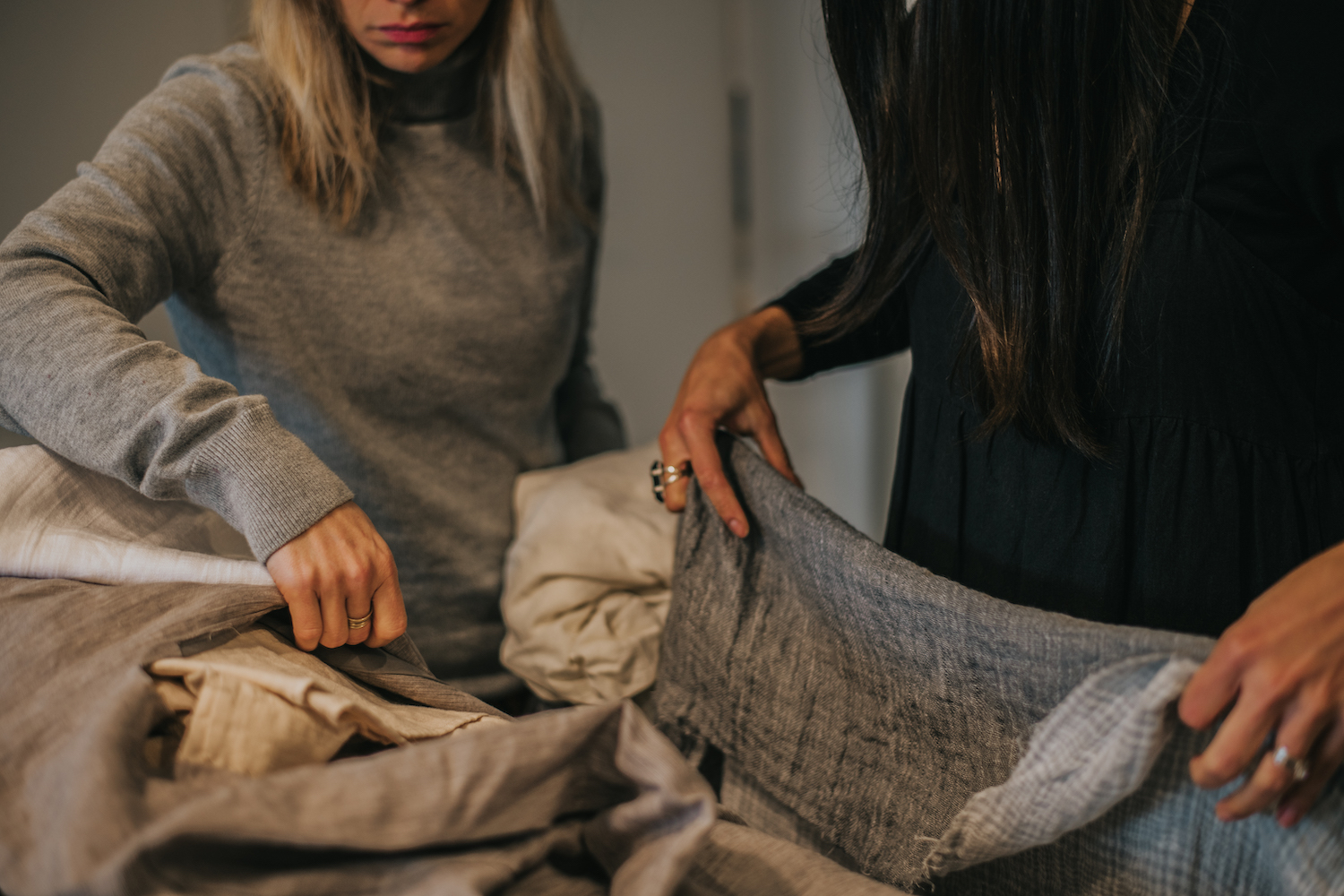Upfront with Katherine Douglas, founder of stress-busting BraveFace.
Photography Amy Mackay, Oakland Agency.
Katherine Douglas is no stranger to the phrase ‘take a chill pill’. She’s worked in the family business, Douglas Pharmaceuticals, for most of her career and heads up the marketing and product development for Clinicians and BraveFace.
The latter is a range of herbal supplements designed to tackle stress and worry from every angle, and while a chill pill is an imaginary medicinal pill with a calming, relaxing effect*, there is nothing make believe about the soothing effects of BraveFace’s formulations.
For starters, BraveFace uses liquid herbs at therapeutic doses. “Unfortunately, in our industry you can make claims on a product without having enough of the active ingredient in the formulation to achieve the desired result,” she explains. “Our research team dove into the evidence behind each of our ingredients and calculated exactly how much of it we need.”
When Douglas was developing BraveFace, she had no idea its launch would coincide with the start of a global pandemic.
Pre-pandemic she’d noticed more and more people talking about how they were experiencing anxious feelings – including herself – so when one of the naturopaths she worked with mentioned she was getting amazing results dispensing liquid passionflower for its calming effects, she decided to investigate.
After two years of research working with naturopaths, scientists, researchers, formulators and regulators, BraveFace’s launch was indeed timely.
A three-part system, BraveFace comprises CoolHead day spray, HeadRest night drops and LiveCalm daily capsules.
“The hero ingredient of our CoolHead and HeadRest formulations is passionflower. It is a powerful herb that has been used traditionally for decades for its calming effect and as sleep support. It is clinically proven to have anxiolytic and calming effects due to its ability to calm the nervous system,” says Douglas. “We also added gotu kola into our CoolHead day spray to help support focus, as research showed that focus is a key concern when people are experiencing stress. It acts as a brain tonic and supports memory and cognition.
“In our LiveCalm formulation, we used adaptogenic herbs ashwagandha and holy basil. They help our bodies adapt to stress by normalising the cortisol stress hormone. It helps us get out of fight or flight mode and into rest and digest.”

Receiving feedback from customers is her favourite part of the job. “When someone writes to us to say ‘I slept for eight hours for the first time in years’ or ‘I finally feel on top of my stress levels’ thanks to one of our products, it’s so rewarding.
I also think it’s pretty amazing that nature so often has the answers to our health concerns if we just know where to look.”
People’s attitudes towards natural health supplements is night and day from when she started in the industry. “I often get told by sceptics ‘it’s just the placebo effect’. The interesting thing is that around 30 per cent of any medication, natural or prescription is placebo. So yes, this is a factor but our evidence suggests that the benefits go beyond placebo and frankly, if you are getting the desired result, isn’t that what matters?”
Her tips for selecting a quality supplement include checking the back of the pack to see if a brand is listing the excipients (everything else that is in a supplement that is not the active ingredients). “If they aren’t it’s probably not because they don’t have them but because they are hiding them. Hot tip – liquids and capsules require less processing than other formats,” she says. “I have noticed a big trend towards ‘excipient free’, ‘filler free’ or ‘preservative free’ which sounds great but in reality, it’s not always best and excipients are not always bad. Excipients are often an important part of a formulation to get the product functioning as it should. For example, it is very hard to manufacture capsules without a flowing agent or the product cracks, and in liquids it is important to use a preservative system to prevent the product from growing yeast and mould.”
And check a brand is disclosing its excipients (they don’t have to) and the types used. “We use excipients derived from wood pulp and rice hulls, for example.”
Look for brands that are formulating at therapeutic doses and try to avoid novel formats such as gummies. As yummy as they are, often they can’t fit enough of the active ingredient inside to have a therapeutic effect.
*Collins Dictionary





